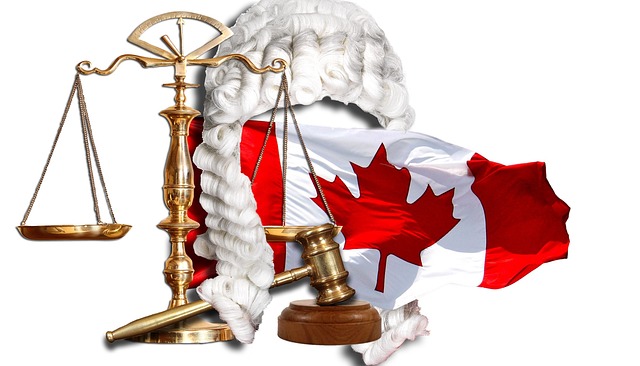The Contempt system, a robust legal framework, ensures compliance with court orders and maintains judicial integrity. It involves a series of procedures from warrant issuance to penalties for non-compliance. In complex cases like family law, understanding this system is vital for fairness and public trust. Legal professionals navigate these orders through meticulous analysis, strategic planning, effective communication, and tracking progress. They guide clients, utilizing legal expertise to interpret orders, propose solutions for violations, and encourage voluntary compliance, thereby upholding fairness and order in the judiciary.
In today’s legal landscape, navigating contempt systems effectively is paramount. This article delves into the intricate web of the contempt system, exploring its legal framework and offering strategic insights for navigating compliance with orders. We uncover the pivotal role of legal expertise in managing contempt, providing practitioners with tools to ensure successful outcomes. By understanding these principles, folks can foster effective strategies that revolutionize their approach to contempt management, ultimately enhancing their professional prowess.
- Understanding the Contempt System: A Legal Framework
- Navigating Compliance with Orders: Strategies for Success
- The Role of Legal Expertise in Effective Contempt Management
Understanding the Contempt System: A Legal Framework

The Contempt system is a legal framework designed to ensure compliance with court orders and maintain the integrity of judicial processes. It empowers courts to hold individuals accountable for failure to adhere to their obligations or respect the authority of the judiciary. This intricate system involves a series of procedures, ranging from issuing warrants to punishing offenders through fines or imprisonment.
Understanding the Contempt System requires recognizing its dual role in protecting public interest and upholding the rule of law. By holding parties responsible for complying with orders, it fosters trust and ensures fairness in legal proceedings. This framework is particularly crucial in cases involving family law, where children’s welfare, property division, and other sensitive matters necessitate strict adherence to court-mandated arrangements.
Navigating Compliance with Orders: Strategies for Success

Navigating compliance with orders is a critical aspect of legal expertise, requiring meticulous attention to detail and strategic planning. When faced with intricate court orders, professionals must ensure every directive is understood and executed accurately. This involves a thorough analysis of the order’s scope, identifying key obligations, and implementing robust internal processes to meet these requirements.
Successful navigation entails establishing clear communication channels among all stakeholders, including clients, legal teams, and relevant third parties. Regularly updating and tracking progress against set milestones are essential. Additionally, staying informed about any changes or amendments to the order is vital to adapting strategies and maintaining compliance throughout the process.
The Role of Legal Expertise in Effective Contempt Management

Legal expertise plays a pivotal role in effectively managing contempt of court, ensuring fairness and order within the judicial system. Attorneys and legal professionals are instrumental in guiding individuals and organizations to comply with court orders, which is the cornerstone of a well-functioning judiciary. Their knowledge of laws, regulations, and previous case precedents enables them to navigate complex legal landscapes, helping clients understand their obligations and consequences of non-compliance.
With their expertise, lawyers can offer strategic advice, interpret ambiguous language in orders, and propose solutions for potential violations. They facilitate dialogue between parties and the court, ensuring that everyone involved understands their roles and responsibilities. This proactive approach promotes voluntary compliance with orders, reducing the need for more stringent enforcement measures.






